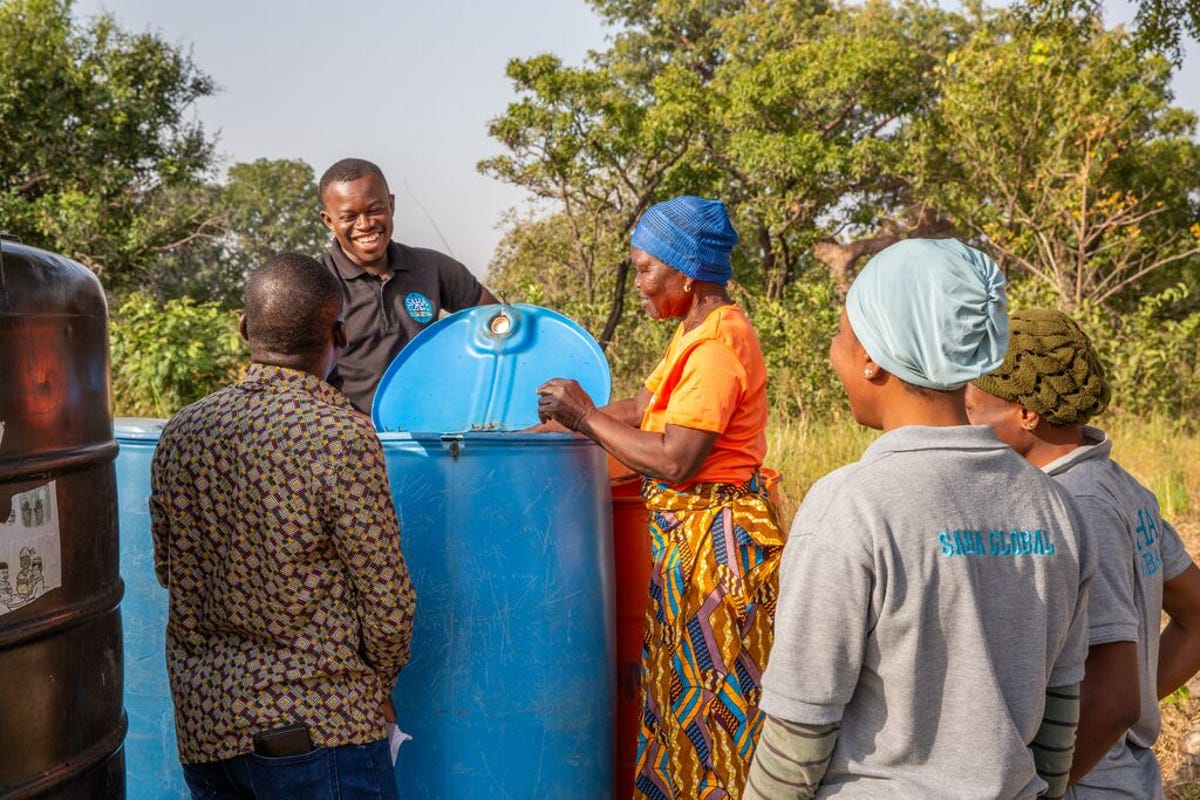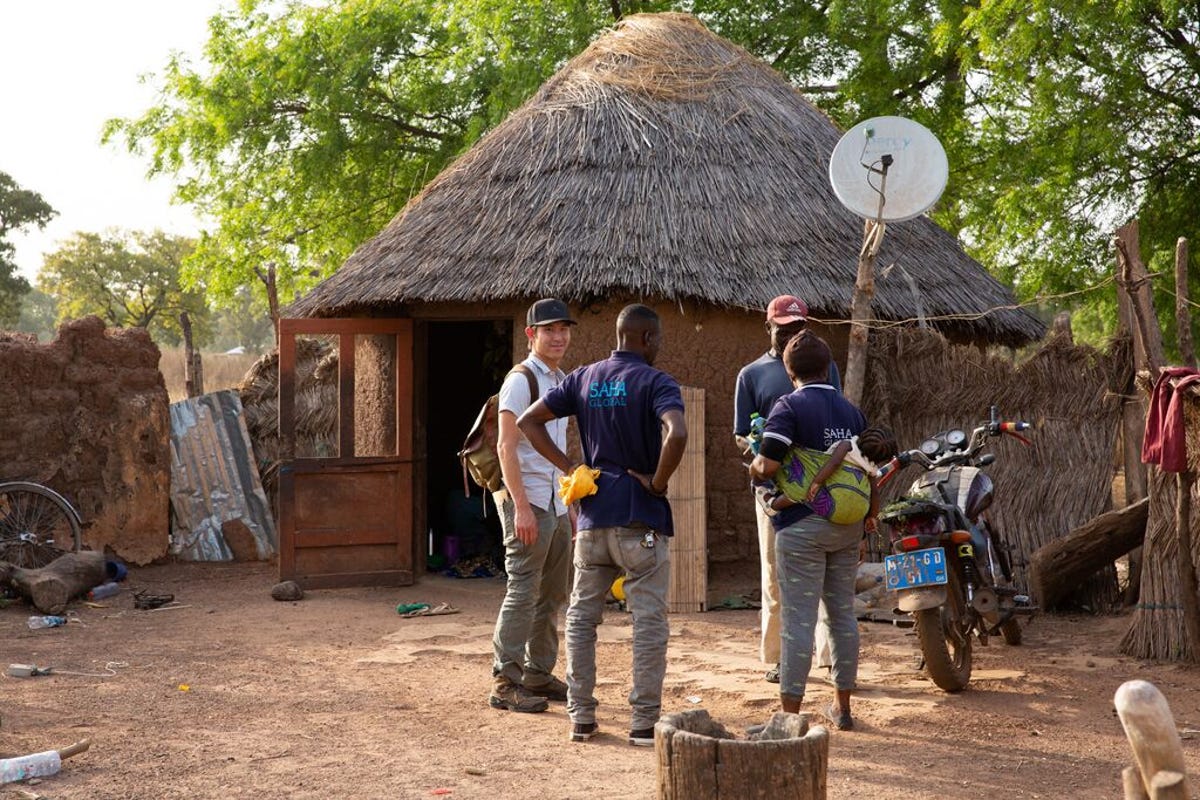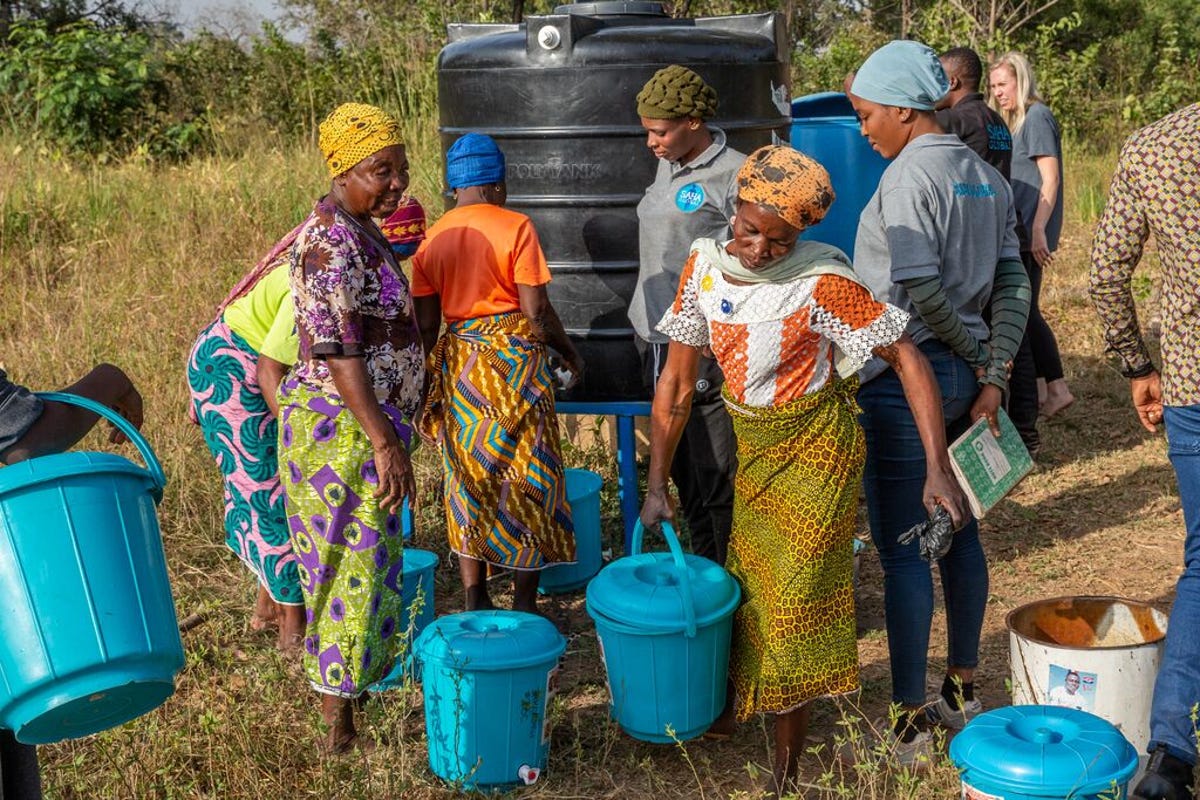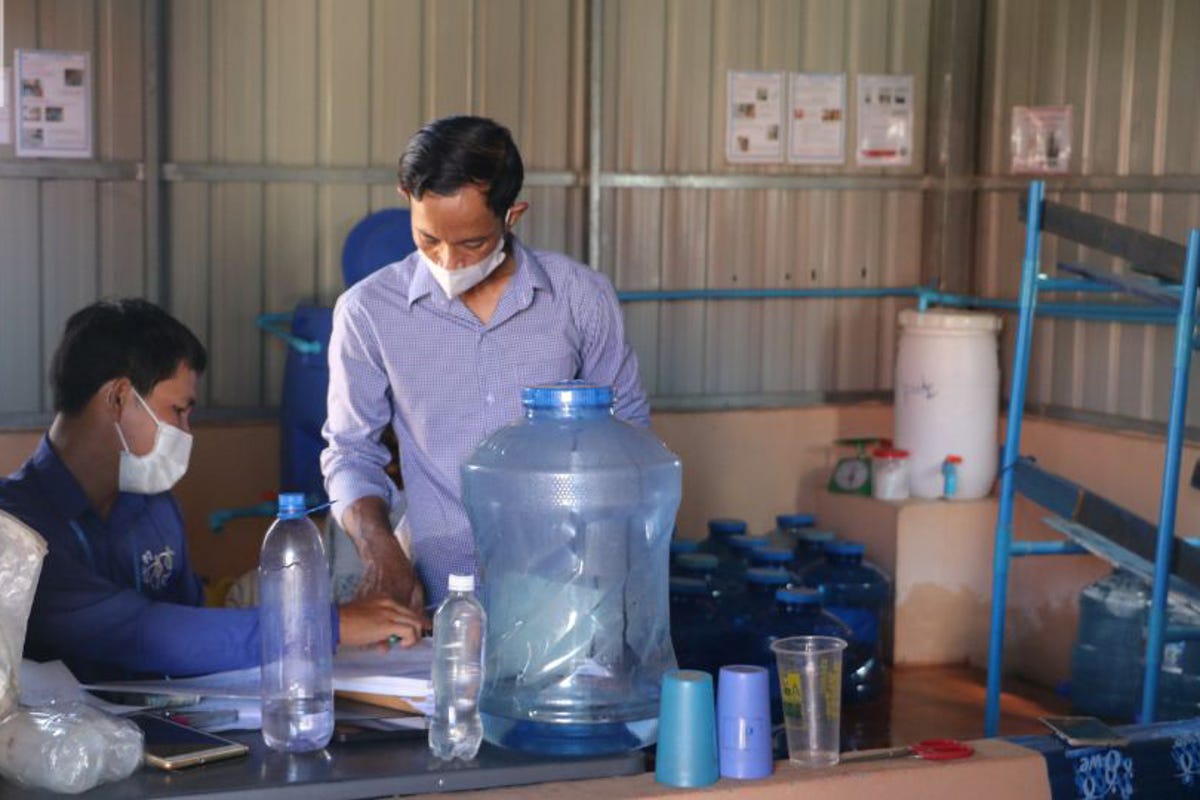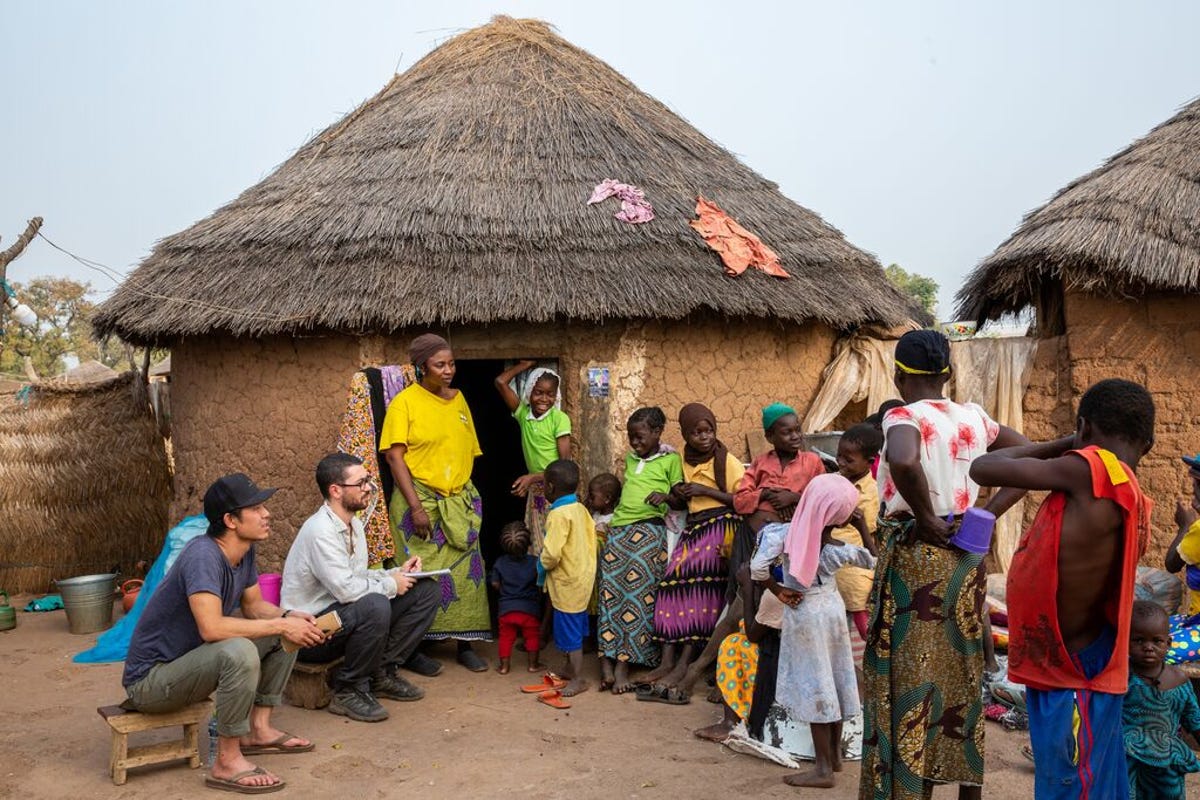Connecting talent, enabling change
To thrive as a non-profit organisation, funding is key. But the provision of critical, tailored support can help some non-profits build a framework for success that goes beyond finance. This is called capacity-building. Muriel Guigue, Head of Philanthropy at Cartier Philanthropy, explains how the foundation’s approach to capacity-building helps its partner organisations achieve greater impact.
© Cartier Philanthropy / Sara Hilton
Non-profits deliver essential services to the world’s most vulnerable people. This crucial work, above all, needs funding. But it also depends on a vast array of capabilities – ranging from data collection to branding – to enhance programme design, improve implementation, and maximise social impact. It is therefore vital to offer grantees the additional capacity-building support they need to invest effectively in these areas.
Cartier Philanthropy takes a distinctive approach to this, connecting grantees with specialists who have a strong track record of supporting non-profit organisations with their specific challenges. The foundation then provides the assistance needed to ensure this support is tailored to each grantee’s specific needs.
Without this support, many grantees would prioritise programme-related spending at the expense of capacity-building. This approach, however, allows organisations to achieve significantly greater and longer-term impact than is possible through funding alone.
Since March 2020, Cartier Philanthropy has connected 18 different partner organisations with the expertise of Appleseed, IDinsight and Mighty Ally to further enhance their programmes. Following the success of these interventions, capacity-building is now firmly embedded in the foundation’s strategy.
We spoke with Muriel Guigue, Head of Philanthropy at Cartier Philanthropy, to learn more about how this approach to capacity-building helps its partner organisations strengthen crucial non-core areas.
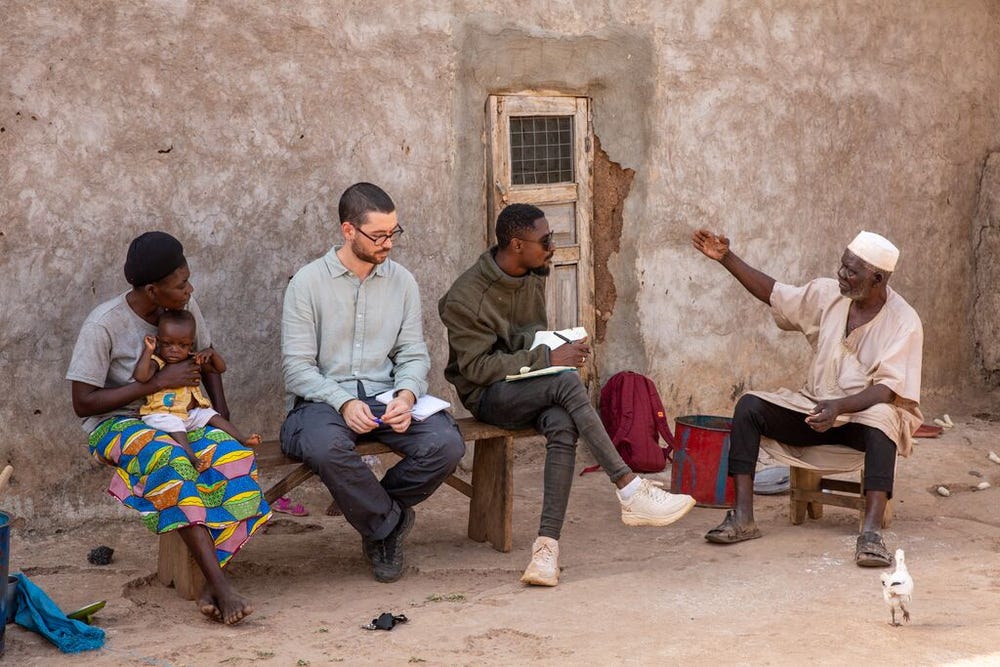
© Cartier Philanthropy / Sara Hilton
What inspired Cartier Philanthropy to invest in capacity-building for its partners?
During the many conversations we have with our partners, we listen closely to their needs and try to improve our funding practices to better respond to them. This has allowed us to identify a range of challenges and barriers that funding alone cannot overcome. For example, some partners were struggling with data collection and analysis. They needed to finetune their data analysis or learn to focus on the most relevant and critical data to assess their progress. Others found it hard to commit resources to their brand identity or communications, partly out of reluctance to divert funding from core programme work. These frank exchanges are something we really value, and they prompted us to think about how we can provide a different kind of support beyond our grants.
How would you describe this approach to capacity-building?
I’d say it’s an approach centred on transparent conversations and tailored support provided by expert organisations. We inform our grantees about the opportunities we offer to help them address challenges in impact measurement, behaviour change, and brand identity. Based on their needs, expectations, and motivations, we match them with one of the three organisations we contract so they can discuss the potential for productive collaboration. Together, they then agree on what needs to be done and the objectives they want to achieve. We check in with both regularly, but make sure to let them work independently on the project.
It’s an evolving approach. When we began around three years ago, we focused on impact measurement, in particular data collection, monitoring and evaluation, and theory of change. Then, we widened the scope to include behavioural change strategy. More recently, we expanded this again to provide support with brand identity and communications.
How common is it for funders to invest in their partners in this way?
I don’t think it is that common yet – but things are finally changing, with more and more funders allocating core or ‘unrestricted’ funding specifically to cover capacity-building expenses, or investing directly in capacity-building. The approach we’ve adopted – involving consultants and offering their services to our grantees – is less common. We hope it will inspire others, because we know how well it works.
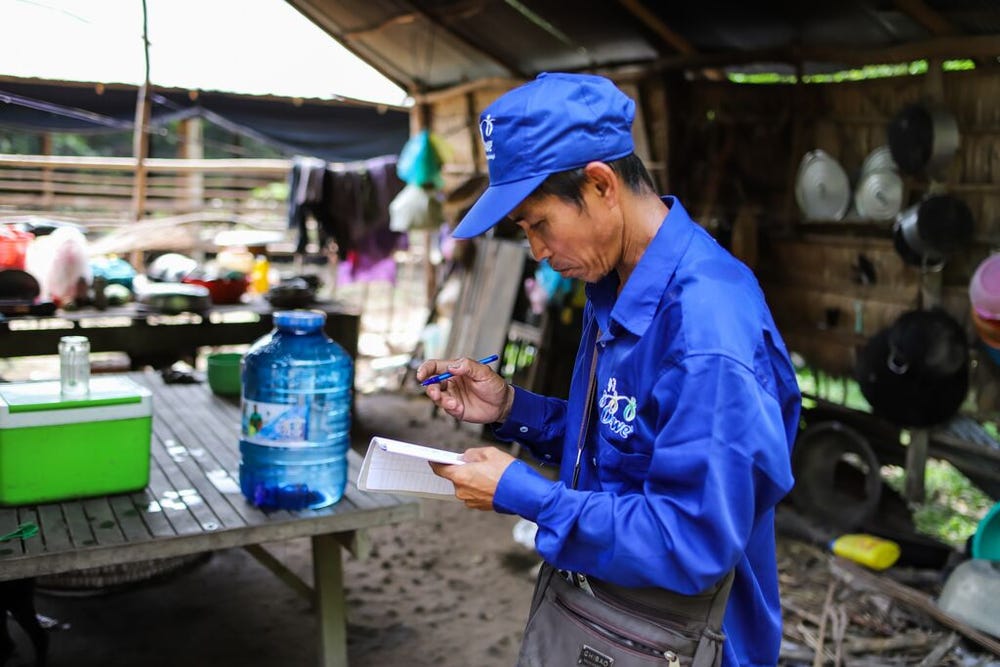
© © 1001Fontaines
How would you describe the impact these “beyond money” investments have had so far?
Since 2020, 12 grantees have received support from IDinsight to collect and analyse their data more effectively or advance their theory of change.
We teamed up with Appleseed in 2022, who have since helped three partners harness behavioural insights to drive the uptake of their solutions. Appleseed’s expertise enables non-profits to gain a better understanding of those they serve and how to resolve issues limiting their performance. They then develop strategies to bring about the behavioural changes needed to achieve more impact. This frequently sees organisations challenging their assumptions and adapting how they design, deliver and promote their products and services. Examples include getting female farmers to space out crops during planting to increase their harvests through adapting training and support designed for male farmers, and understanding young children’s behaviour in rural villages so they don’t have to drink contaminated water.
In 2023, we began working with Mighty Ally to assist our partners with their brand identity and communications. It’s still early days, but this support has already helped several partners significantly increase their fundraising capacity. This puts them in a stronger position to keep doing their crucial work.
Are there any more partner success stories you’d like to share?
The first one that comes to mind is IDinsight’s work with 1001fontaines, a social enterprise that provides safe, affordable drinking water to rural communities. To do this, 1001fontaines sets up small water purification plants, called water kiosks, while empowering local entrepreneurs to manage the kiosks and distribute safe and affordable drinking water to their communities.
In Cambodia, IDinsight worked with 1001fontaines to enhance its existing Monitoring and Evaluation framework. The objective was to improve the collection of impact data and gain a deeper understanding of the populations being served by the water kiosks. Over eight weeks of close collaboration, the two organisations formalised a theory of change while developing a market research guide to evaluate the sustainability of potential future water kiosk sites, and a survey tool to measure consumer satisfaction and perceptions of the water kiosk service.
Using these new tools, 1001fontaines conducted a significant market and consumer survey in 2023, encompassing over 3,000 interviews. Not only did this survey confirm the intended population were being successfully targeted, and provide insights for engagement with new customers, but it also played an important internal role. By leveraging in-house capabilities and engaging the local team in data collection, 1001fontaines ensured customer insights were integrated into their way of working. This enhanced understanding of their market made them more effective as an organisation, and their measured impact even more sustainable.
Have you or your partners experienced any challenges in your capacity-building interventions? How have you overcome them?
We’ve certainly made adjustments along the way to ensure that the work of our grantees and consultants goes as smoothly as possible and contributes to improving their operations. This has, for example, seen us adopt regular check-ins to tailor and focus solutions, as well as ensure aligned expectations, agreed timelines and time commitments. So far, we’ve received really positive feedback from our partners. This is clearly something that can make a big difference.

